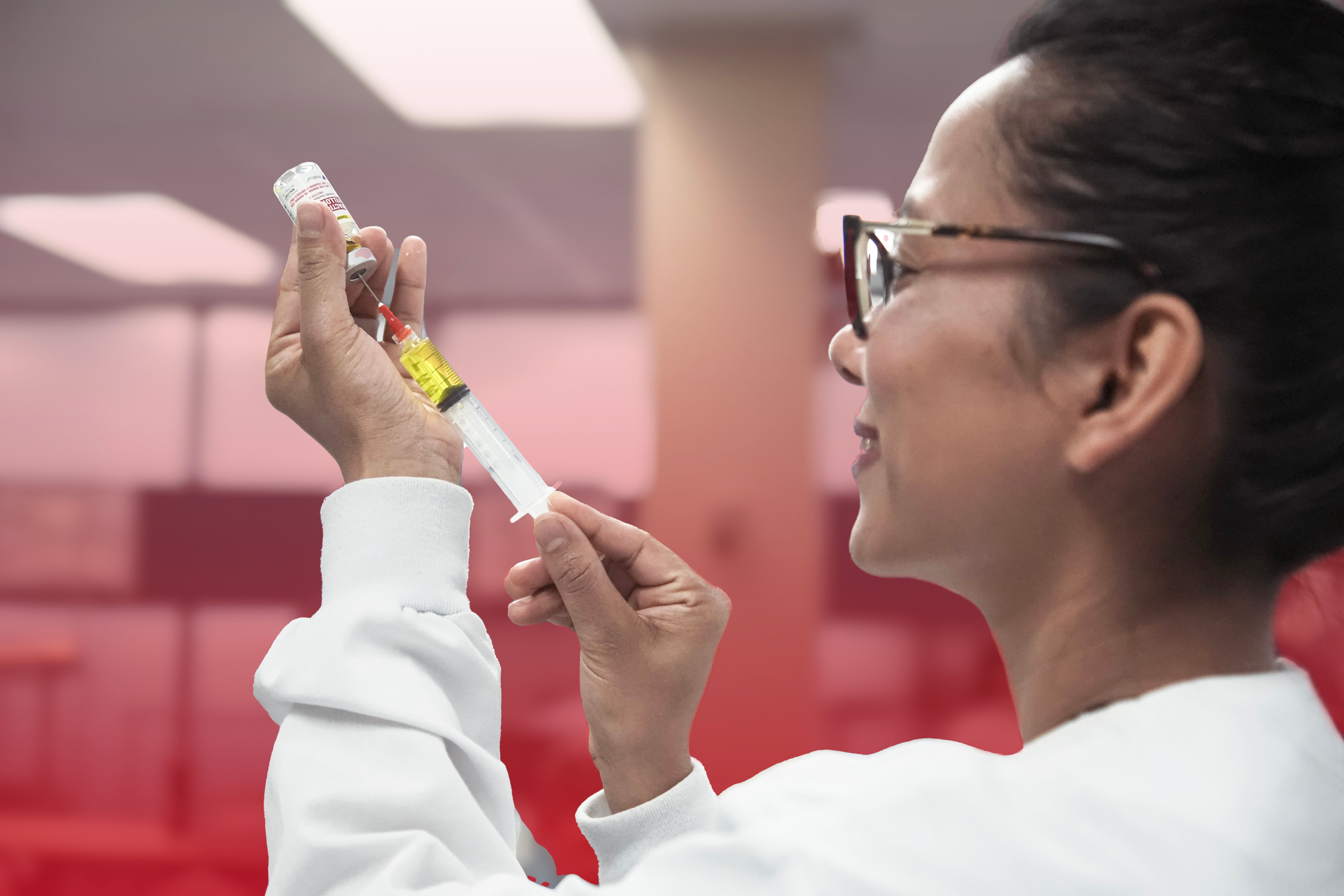5 Distinct Features of Columbia
From our student-centered philosophy to innovative teaching methods, our programs are tailored to prepare students to become the professionals that employers seek.
At Columbia College, we constantly reflect on our identity and value to students, employers, and the broader society. It’s vital to not only understand our unique characteristics that influence academic choices and program delivery but also to communicate these clearly to prospective students. This transparency helps students assess how these features align with their educational and personal growth goals. The following 5 features distinctly define Columbia’s approach to education and set us apart from traditional post-secondary institutions.
Student Centered Approach
Emphasis on Professional Behaviour
Mastery of Learning Model
Four Stage Learner Centered Model of Education
Columbia Performance Labs: Enhancing Learning Through Innovation

1. Student-Centered Approach
We prioritize the long-term interests of our students in every decision. This commitment is represented by our inverted decision-making pyramid: students’ success and their future employers’ needs are at the apex, followed by our faculty and staff, and anchored by our management and Board of Directors. At Columbia, our ultimate measure of success is our students’ satisfaction and outcomes.
2. Emphasis on Professional Behaviour
Professionalism is key, regardless of one’s role or education level. Columbia has identified 157 behaviors deemed essential by employers, such as teamwork, communication, and ethics. These are not always emphasized in traditional courses but are integral to our curriculum, ensuring our graduates are well-prepared for the workforce.
3. Four Stage Learner Centered Model of Education
Our unique Four Stage Learner Centered Model of Education revolutionizes the traditional learning experience. This model, inspired by Bloom’s Taxonomy, offers a dynamic and engaging approach to education.
This Four Stage Model isn’t just a teaching method; it’s a transformative educational journey that adapts to the diverse learning styles and needs of our students. It’s a cornerstone of our commitment to a learner-centered education at Columbia College.
Preparation and Inquiry
Students start by engaging with the material before class, through activities like reading, observation, or practical tasks. This stage encourages students to identify areas of clarity or confusion, fostering a proactive learning mindset.
Experiential Learning
Our faculty then guide students through hands-on activities. This practical approach, also known as experiential learning, helps solidify theoretical knowledge by applying it in real-world scenarios. By engaging multiple senses, students gain a more comprehensive grasp of the subject matter.
Classroom Interaction
Classes commence with students submitting questions derived from their preparatory work. These questions form the basis of active classroom discussions, led and facilitated by our faculty. This interactive environment ensures that students’ immediate learning needs are addressed, promoting deeper understanding.
Demonstration of Understanding
The final stage involves students demonstrating their comprehension through written tests or practical demonstrations. This step not only reinforces the day’s learning but also builds confidence and competence in the subject.
4. Mastery Learning Model
Frequent Assessment
In this model, students are assessed frequently, typically at the end of each class. This allows both students and instructors to gauge understanding continuously and adjust teaching strategies accordingly.
Mastery Criterion
The key feature of this model is the mastery criterion, set at a minimum of 75% understanding of the material. This standard ensures that all students achieve a high level of comprehension and skill before moving on to new concepts.
Targeted Support:
Students who do not meet the mastery criterion receive immediate and targeted support through mastery learning tutorial sessions. These sessions are tailored to address specific areas of improvement, ensuring that every student has the opportunity to reach the required level of mastery.
Long-term Success
Our adoption of the Mastery Learning Model, particularly in our Practical Nurse Diploma program, has led to remarkable results. Students demonstrate higher graduation rates and exceptional performance in national exams. The model’s success has prompted its integration into all current and future professional programs at Columbia College.
Prioritizing mastery of content over mere exposure, the Mastery Learning Model ensures that our students are not just passing exams, but truly understanding and retaining the knowledge and skills necessary for their professional success.

5. Performance Labs
We take pride in our unique Columbia Performance Labs, a cutting-edge approach designed to maximize knowledge retention and skill application. These labs are more than just classrooms; they are incubators of expertise and professionalism.

Setting a new standard in education
Integrating Columbia Performance Labs into our curriculum, we are setting a new standard in education. Our graduates leave not just with a degree, but with a deep, practical understanding of their field, ready to excel in their careers and contribute meaningfully to society.
Foundational Concept
The core idea behind our Performance Labs is to ensure that students not only learn but retain and refine their knowledge and skills. This approach is crucial in a world where theoretical knowledge alone is not enough. Our labs focus on practical application, allowing students to reinforce and expand their learning continuously.
Customized Learning Experience
Each Performance Lab is carefully developed and adapted by our program leaders and faculty, tailored to meet the specific needs of each course and program. Whether a student is mastering complex theories or practical skills, these labs offer a dynamic environment for deep learning.
Student Success and Confidence
We’ve observed that students engaged in Performance Labs not only retain information better but also develop a stronger understanding of the subjects. This enhanced comprehension boosts student confidence, leading to superior performance in comprehensive exams and evaluations.
Real-World Preparedness
Our labs play a pivotal role in preparing students for the demands of the workforce. Students often report increased job offers and higher employer satisfaction, attributable to the practical skills and professional behaviors honed in these labs.
Diverse Learning Methods
The labs incorporate a variety of learning methods, including drill exercises, speed tests, interactive games, and hands-on competitions. These methods evolve as students progress through their program, ensuring that learning remains engaging, relevant, and effective.
Accessibility and Flexibility
Understanding the diverse needs of our students, Performance Labs are integrated into program fees or offered as separate electives. This flexibility allows students to choose a path that best fits their educational and financial needs.
Continuous Engagement
Performance Labs are not limited to specific points in a program but are a continuous feature. Starting from the early weeks and extending beyond program completion, they offer ongoing opportunities for growth and development. For some programs, additional labs are available post-completion to aid in preparation for regional or national examinations.
